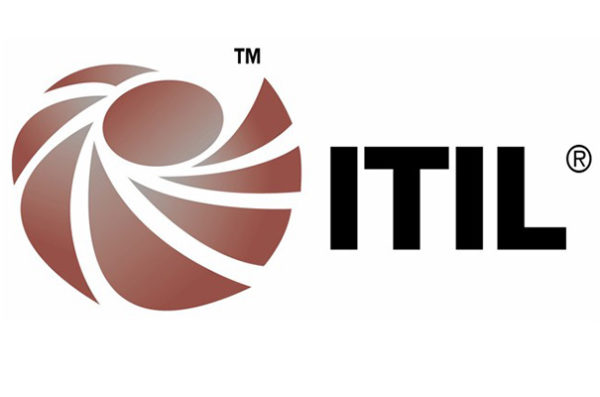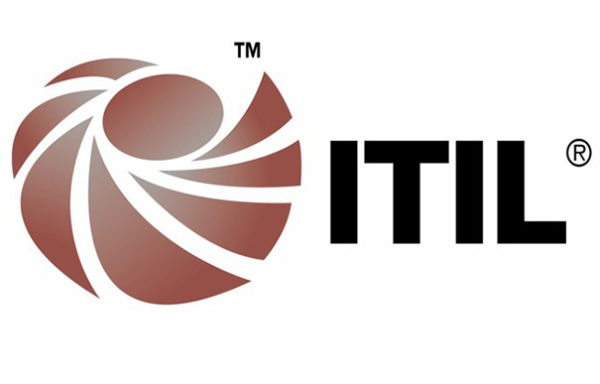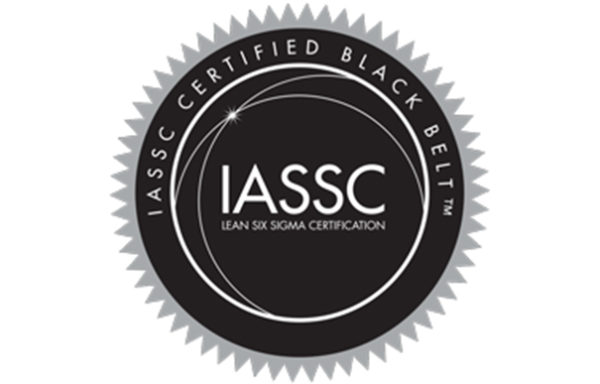ITIL® is comprised of five core publications: Service Strategy (SS), Service Design (SD), Service Transition (ST), Service Operations (SO) and Continual Service Improvement (CSI). It promotes alignment with the business as well as improvement in operational efficiency. The official ITIL® qualification scheme, owned by AXELOS, describes two streams, the Service Lifecycle Stream and the Service Capability stream: – The Service Lifecycle stream focuses on ITIL® practices within the Service Lifecycle context. The prime focus is the Lifecycle itself as well as the processes and practice elements used within it. – The Service Capability stream is for those who wish to obtain an in depth understanding of specific ITIL® processes and roles. The primary focus is on process activities, process execution and use throughout the IT Service Lifecycle. The ITIL® Intermediate Qualification: Operational Support and Analysis (OSA) Certificate is a free-standing qualification but is also part of the ITIL® Intermediate Capability stream, and one of the modules that leads to the ITIL® Expert Certificate in IT Service Management. The purpose of this training module and certificate is, to impart knowledge on industry practices in service management as documented in the ITIL® Service Lifecycle core publications. The ITIL® Certificate in Operational Support and Analysis is intended to enable the holders of the certificate to apply OSA practices in resolution and support of the Service management Lifecycle.
Description
Durée : 28 heures
Modalités techniques d’évaluation : Évaluation des connaissances par QCM, évaluation des compétences au travers de travaux pratiques et de cas d’études. Contrôle de l’acquisition des connaissances et des compétences pendant la formation par le formateur.
Moyens pédagogiques : Apports théoriques réalisés en classe et complétés par de nombreux travaux pratiques permettent aux participants de disposer d’une expérience concrète. A l’issue des sessions magistrales, réalisation de cas d’études tutorés.
Objectifs pédagogiques
À l’issue de la formation, le participant sera en mesure de :
- The value to the business of OSA activities and how OSA activities support the Service Lifecycle Optimizing Service Operation performance
- How the processes in OSA interact with other Service Lifecycle processes
- How to use and measure the OSA processes, activities and functions to achieve operational excellence
- The importance of IT security and its contributions to OSA
- Understanding the technology and implementation considerations surrounding OSA
- The challenges, critical success factors (CSFs) and risks associated with OSA
- Specific emphasis on the processes and roles included in: – Event management, defines detectable occurrences of significance for IT Infrastructure Management or the delivery of an IT service – Incident Management, has the capability to bring services back to normal operations as soon as possible and according to agreed service levels – Request Fulfilment, fulfils a request providing quick and effective access to standard services to improve business productivity or the quality of business services and products – Problem Management, prevents problems and incidents from happening, eliminating recurring incidents and minimizing the impact of incidents that cannot be prevented – Access management, grants authorized users the right to use a service while preventing access to non-authorized users.
- Operational activities of processes covered in other Lifecycle stages such as: Change Management, Service Asset and Configuration Management, Release and Deployment Management, Capacity Management, Availability Management, Knowledge Management, Financial Management for IT Services, IT service Continuity Management.
- Organizing for Service Operation which describes roles and functions to be performed within the Service Operation and Support such as Service Desk, Technical Management, IT Operations Management and Application Management.
Examen
Méthodes pédagogiques
Certification
INTRODUCTION
- Course introduction
- OSA course objectives
- Service Operation purpose and objectives
- Service Operation scope, processes, functions
- Service Operation Value to the business
- IT Service Management
- Service Value
- Value Creation
- Combined effects of Utility and Warranty
- Monitor and measure
- Optimizing service performance
- What is a process
- Organizing ITSM
- ITIL® certification scheme
EVENT MANAGEMENT
- Purpose, objectives, scope, value
- Principles, & Concepts
- Activities, interfaces
- Triggers, inputs and outputs
- Information Management
- Metrics, Challenges,
- CSF’s and risks
INCIDENT MANAGEMENT
- Purpose, objectives, scope, value
- Principles, & Concepts
- Activities, interfaces
- Triggers, inputs and outputs
- Information Management
- Metrics, Challenges,
- CSF’s and risks
PROBLEM MANAGEMENT
- Purpose, objectives, scope, value
- Principles, & Concepts
- Activities, interfaces
- Triggers, inputs and outputs
- Information Management
- Metrics, Challenges,
- CSF’s and risks
REQUEST FULFILLMENT
- Purpose, objectives, scope, value
- Principles, & Concepts
- Activities, interfaces
- Triggers, inputs and outputs
- Information Management
- Metrics, Challenges,
- CSF’s and risks
ACCESS MANAGEMENT
- Purpose, objectives, scope, value
- Principles, & Concepts
- Activities, interfaces
- Triggers, inputs and outputs
- Information Management
- Metrics, Challenges
- CSF’s and risks


